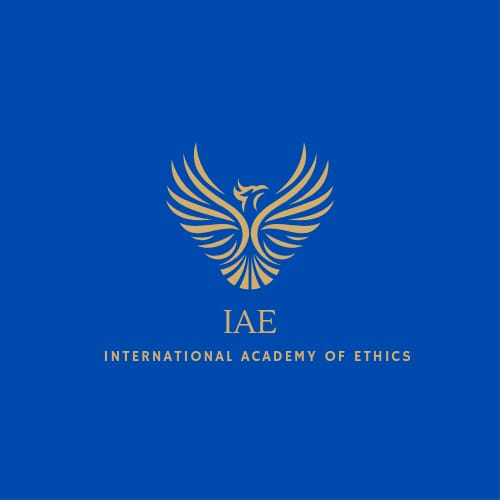VINOD KHANNA, A DISTINGUISHED SCHOLAR ON THE IAE,
IN HIS ARTICLE DWELLS ON. THE EVOLUTION OF ETHICS AND ITS NECESSITY IN MODERN TIMES:
ETHICS-EVOLUTION AND PROGRESSION
To understand ethics, let us begin at the beginning. The Oxford Advanced Learner’s Dictionary defines it like this:
Ethics (n); Moral principles that control or influence a person’s behavior, a branch of philosophy that deals with moral principles
But didn’t the man start off as a brute whose only way to exist was to kill or get killed in pursuit of quenching the belly fires? When did morality originate?
In due course, the man must have become tired of living in a beastly fashion where death lurked everywhere around him. So to have a sense of security, he must have started living in herds.
That is how the Social Contract Theory must have taken shape and some broad laws of living in herds must have been agreed upon by all those living in a group. Slowly, those laws got stronger because of their usefulness…
In fact, every human society has some form of myth to explain the origin of morality. Among these myths, we find the earliest documented evidence of moral laws in a Babylonian column with a relief showing the Sun god presenting the code of 282 laws to the king of Babylon, Hmmurabi, who ruled from 1792- 1750 BCE, This stone lies preserved in a museum in Paris. These inscriptions are known as the Code of Hammurabi.
Then we have the Old Testament that gives an account of how God gave the Ten Commandments to Moses (14th–13th century BCE) on Mount Sinai. .
Morality, the mother of ethics changed over time. But some important fundamentals remain the same. The Commandments like- Thou shall honour thy parents, Thou shall not murder, Thou shall not commit adultery, Thou shall not steal, Thou shall not bear false witness, Thou shall not covet property or wife of thy neighbor, etc. have stood the test of time and are equally valid today.
However in a complex world like ours, much has been added to the moral code guiding ethical behavior. But a section of society remains aloof from the sense of right and wrong. They are h people whose sensibilities primarily revolve around primitive instincts only. Mathew Arnold describes them as; ‘Philistines’. They have no value for finer things and do not understand art, culture or literature. It is futile to expect ethical behaviour from such people, and mind it; they are not in small numbers. In such circumstances, the responsibility of torch-bearers of ethics increases manifold. Litterateurs are in the forefront when it comes to promotion of ethical behavior. We must ensure that such behaviour is popularized and propagated. Our role as poets and writers enjoins upon us that we highlight the areas of concern and not merely indulge in titillating word-play.
The formation of a moral community is the need of the hour. It will be a network of ethical people bound by common values of upholding justice, compassion and sense of obligation. There can be some who may want to include even the animal kingdom, the natural flora and fauna and the environment as rightful candidates for our compassion. But that will widen the scope of ethical behavior to an extent that it may become unwieldy, difficult to follow and maintain. However, man’s relentless onslaught upon nature resulting into degradation and imbalance of the environment forces us not to overlook this important aspect and respect right of existence of all other species besides homo-sapiens. Real peace and tranquility can dawn upon this planet only when nothing is excluded from our book of ethics and ethical behavior.
-vinodk60@yahoo.co.in
